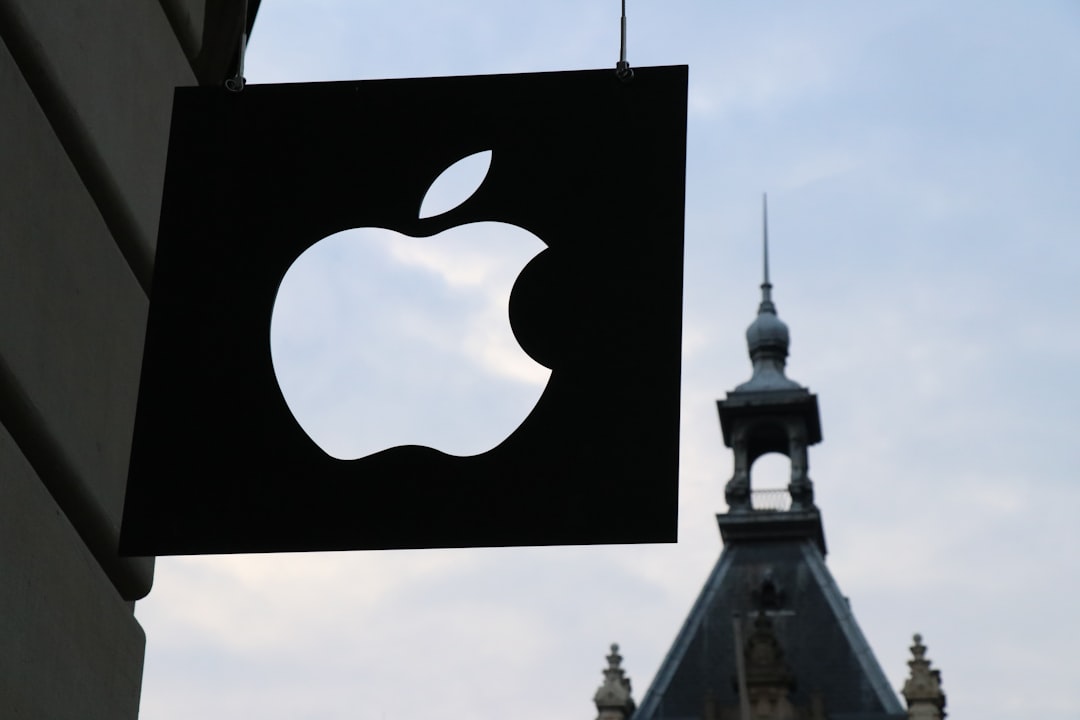What is it about?
This paper analyses the relationship between the German Kiel Institute of World Economics and the Rockefeller Foundation in the years 1925-1950. It focuses on the role of politics in the promotion of science and shows the great difficulties the foundation had in developing a strategy to react to the Nazi’s seizure of power in 1933. The Kiel Institute disguised itself as an unpolitical and “objective” institute and managed to regain support after 1934. During the Second World War, the Rockefeller Foundation abandoned the idea of science as an area detached from politics by definition. In the late 1940s, it carefully reassessed the German academic landscape and, in the case of the Kiel Institute, came to the conclusion not to resume a significant amount of support.
Featured Image
Read the Original
This page is a summary of: „One of the bright spots in German economics“, Jahrbuch für Wirtschaftsgeschichte / Economic History Yearbook, May 2018, De Gruyter,
DOI: 10.1515/jbwg-2018-0010.
You can read the full text:
Contributors
The following have contributed to this page










